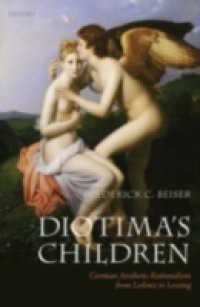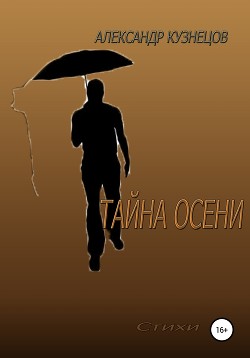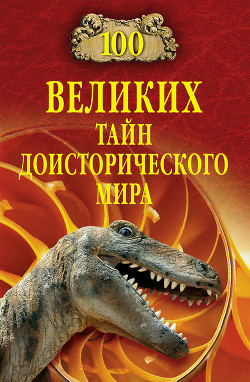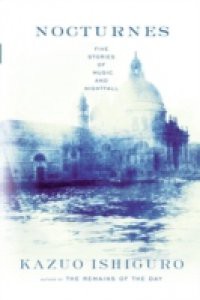Diotima's Children is a re-examination of the rationalist tradition of aesthetics which prevailed in Germany in the late seventeenth and eighteenth century. It is partly an historical survey of the central figures and themes of this tradition But it is also a philosophical defense of some of its leading ideas, viz., that beauty plays an integral role in life, that aesthetic pleasure is the perception of perfection, that aesthetic rules are inevitable andvaluable. It shows that the criticisms of Kant and Nietzsche of this tradition are largely unfounded. The rationalist tradition deserves re-examination because it is of great historical significance, marking the beginning of modern aesthetics, art criticism, and art history.



























